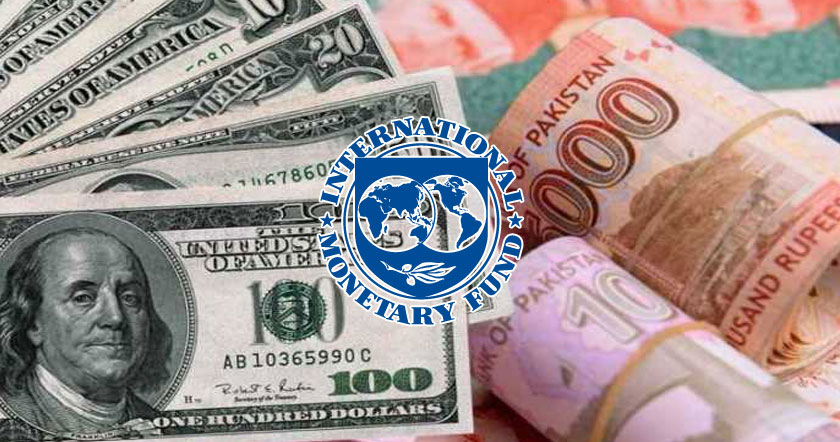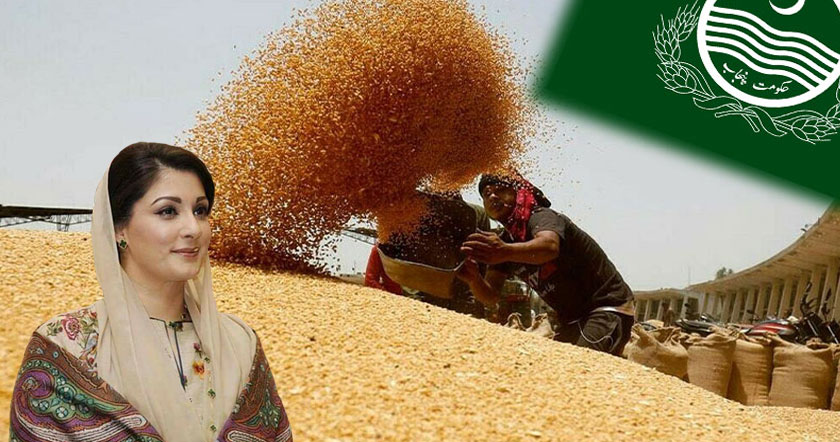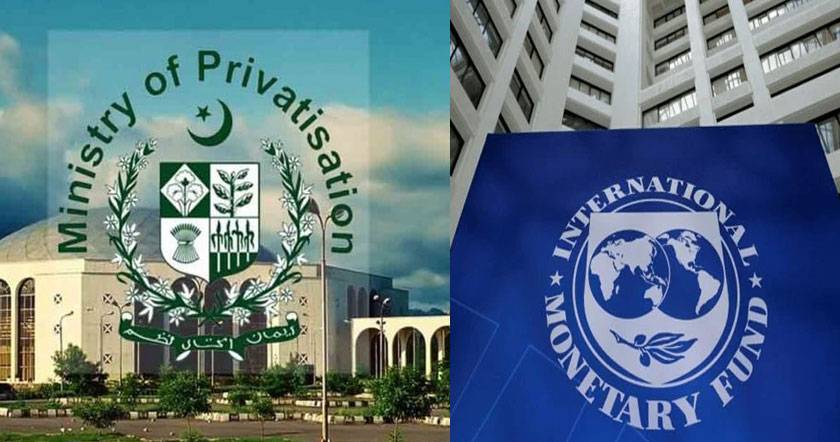China's new Prime Minister Mr. Li KeQiang has just ended a two-day visit to Pakistan. Speaking to the Senate, Li declared that "the development of China cannot be separated from the friendship with Pakistan". To make it more concrete, the Chinese Premier brought with him a 5-points proposal which emphasized "strategic and long-term planning", "connectivity and maritime sectors" and "China-Pakistan economic corridor project".
Here's a recent reportby China's State-owned Xinhua News Agency that can help put the Chinese premier's speech in context:
As a global economic power, China has a tremendous number of economic sea lanes to protect. China is justified to develop its military capabilities to safeguard its sovereignty and protect its vast interests around the world."
The Xinhua report has for the first time shed light on China's growing concerns with US pivot to Asia which could threaten China's international trade and its economic lifeline of energy and other natural resources it needs to sustain and grow its economy. This concern has been further reinforced by the following:
1. Frequent US statements to "check" China's rise. For example, former US Defense Secretary Leon Panetta said in a 2011 address to the Naval Postgraduate School in California: "We try everything we can to cooperate with these rising powers and to work with them, but to make sure at the same time that they do not threaten stability in the world, to be able to project our power, to be able to say to the world that we continue to be a force to be reckoned with." He added that "we continue to confront rising powers in the world - China, India, Brazil, Russia, countries that we need to cooperate with. We need to hopefully work with. But in the end, we also need to make sure do not threaten the stability of the world."
2. Chinese strategists see a long chain of islands from Japan in the north, all the way down to Australia, all United States allies, all potential controlling chokepoints that could block Chinese sea lanes and cripple its economy, business and industry.
Chinese Premier's emphasis on "connectivity and maritime sectors" and "China-Pakistan economic corridor project" is mainly driven by their paranoia about the US intentions to "check China's rise" It is intended to establish greater maritime presence at Gwadar, located close to the strategic Strait of Hormuz, and to build land routes (motorways, rail links, pipelines) from the Persian Gulf through Pakistan to Western China. This is China's insurance to continue trade with West Asia and the Middle East in case of hostilities with the United States and its allies in Asia.
As to the benefits for Pakistanis, the Chinese investment in "connectivity and maritime sectors" and "China-Pakistan economic corridor project" will help build infrastructure, stimulate Pakistan's economy and create millions of badly needed jobs.
Clearly, China-Pakistan ties have now become much more strategic than the US-Pakistan ties, particularly since 2011 because, as American Journalist Mark Mazzetti of New York Times put it, the Obama administration's heavy handed policies "turned Pakistan against the United States". A similar view offered by a former State Department official Vali Nasr in his book "The Dispensable Nation".
http://www.riazhaq.com/2013/05/how-strategic-are-pakistan-china-ties.html
Here's a recent reportby China's State-owned Xinhua News Agency that can help put the Chinese premier's speech in context:
As a global economic power, China has a tremendous number of economic sea lanes to protect. China is justified to develop its military capabilities to safeguard its sovereignty and protect its vast interests around the world."
The Xinhua report has for the first time shed light on China's growing concerns with US pivot to Asia which could threaten China's international trade and its economic lifeline of energy and other natural resources it needs to sustain and grow its economy. This concern has been further reinforced by the following:
1. Frequent US statements to "check" China's rise. For example, former US Defense Secretary Leon Panetta said in a 2011 address to the Naval Postgraduate School in California: "We try everything we can to cooperate with these rising powers and to work with them, but to make sure at the same time that they do not threaten stability in the world, to be able to project our power, to be able to say to the world that we continue to be a force to be reckoned with." He added that "we continue to confront rising powers in the world - China, India, Brazil, Russia, countries that we need to cooperate with. We need to hopefully work with. But in the end, we also need to make sure do not threaten the stability of the world."
2. Chinese strategists see a long chain of islands from Japan in the north, all the way down to Australia, all United States allies, all potential controlling chokepoints that could block Chinese sea lanes and cripple its economy, business and industry.
Chinese Premier's emphasis on "connectivity and maritime sectors" and "China-Pakistan economic corridor project" is mainly driven by their paranoia about the US intentions to "check China's rise" It is intended to establish greater maritime presence at Gwadar, located close to the strategic Strait of Hormuz, and to build land routes (motorways, rail links, pipelines) from the Persian Gulf through Pakistan to Western China. This is China's insurance to continue trade with West Asia and the Middle East in case of hostilities with the United States and its allies in Asia.
As to the benefits for Pakistanis, the Chinese investment in "connectivity and maritime sectors" and "China-Pakistan economic corridor project" will help build infrastructure, stimulate Pakistan's economy and create millions of badly needed jobs.
Clearly, China-Pakistan ties have now become much more strategic than the US-Pakistan ties, particularly since 2011 because, as American Journalist Mark Mazzetti of New York Times put it, the Obama administration's heavy handed policies "turned Pakistan against the United States". A similar view offered by a former State Department official Vali Nasr in his book "The Dispensable Nation".
http://www.riazhaq.com/2013/05/how-strategic-are-pakistan-china-ties.html































